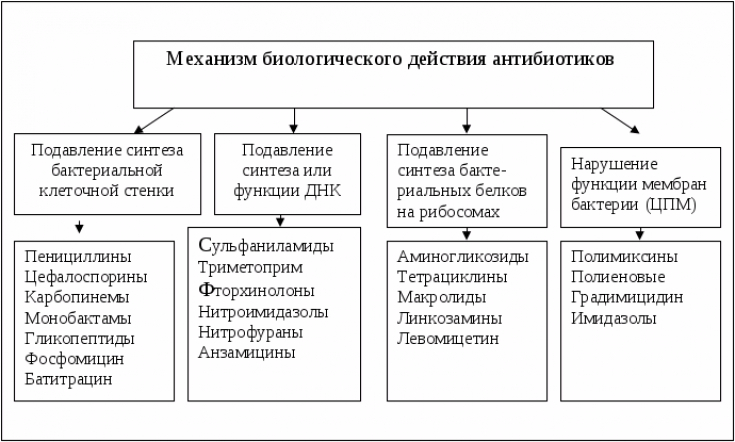A Cochrane Review examined the efficacy of delayed antibiotic administration vs immediate or no etiotropic therapy in people with respiratory tract infections, including sore throat, middle ear infections, bronchitis and the common cold.
The authors also assessed antibiotic use, patient satisfaction with treatment, antibiotic resistance, follow-up rates, and use of additional treatments.
You can read in detail the results of the meta-analysis which was published in the Cochrane Library of Systematic Reviews on September 7, 2017 in the estet-portal.com article
Need for delayed prescription of antibiotics
Prescribing antibiotics too frequently increases the risk of adverse reactions, leads to higher healthcare costs, and increases antibiotic resistance.
There is a need to prescribe antibacterial drugs after clinical confirmation of the urgent need for etiotropic therapy.
Follow us on Facebook
The authors included 11 clinical trials involving 3555 people that evaluated treatment strategies in people with respiratory tract infections. Ten of these studies compared strategies for delayed antibiotic prescribing with immediate antibiotic prescribing. Four studies compared delayed antibiotics with no antibiotics.
Of 11 studies: five included only children (1173 participants), two — adults only (594 participants) and four — adults and children (1761 participants). The studies examined a variety of respiratory tract infections.
Differentiation of results of delayed prescription of antibiotics by nosology
For many symptoms, including fever, pain, malaise, cough, and runny nose, no difference was found between immediate, delayed, or no antibiotics.
Macrolides: how safe is the prescription of popular antibiotics
Compared to no antibiotic prescription, delayed antibiotic prescription resulted in a slight reduction in the duration of pain, fever, and cough in people with a cold.

Only small differences were found in favor of immediate antibiotic administration in reduction of pain, fever and runny nose in angina and in reduction of pain and improvement in middle ear infections.
No significant difference was found in the number of complications.
Are there any benefits to delayed antibiotics
Patient satisfaction with treatment was similar in people with delayed antibiotics (86% of people satisfied) and immediate antibiotics (91% of people satisfied), but was higher compared to people who were not prescribed antibiotics (87% vs. 82 %).
One study found no difference in the use of ibuprofen, paracetamol and ear drops. In another study, children in the immediate antibiotics group used less paracetamol on the second and third days of illness compared to the delayed antibiotics group.
None of the included studies assessed antibiotic resistance.
Overall, the quality of the evidence was moderate.
Patient satisfaction may be higher with a delayed antibiotic strategy than with no etiotropic therapy. The use of a strategy of delayed antibiotic prescribing will result in a significant reduction in the use of antibiotics compared to a strategy of prompt initiation of antibiotic therapy.
Thank you for staying with estet-portal.com. Read other interesting articles in the "Infectology" section. You may be interested in Swollen cervical lymph nodes: correct diagnosis







Add a comment